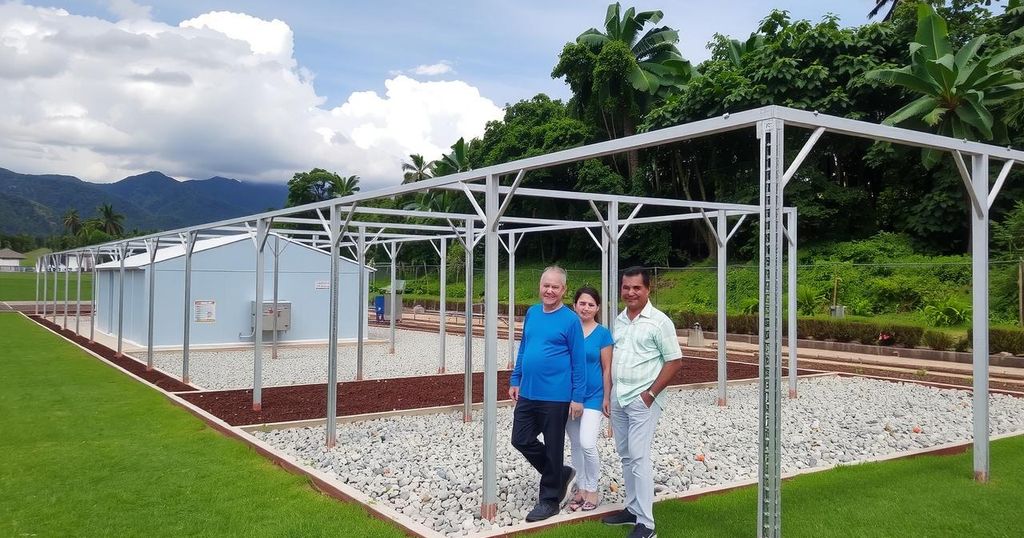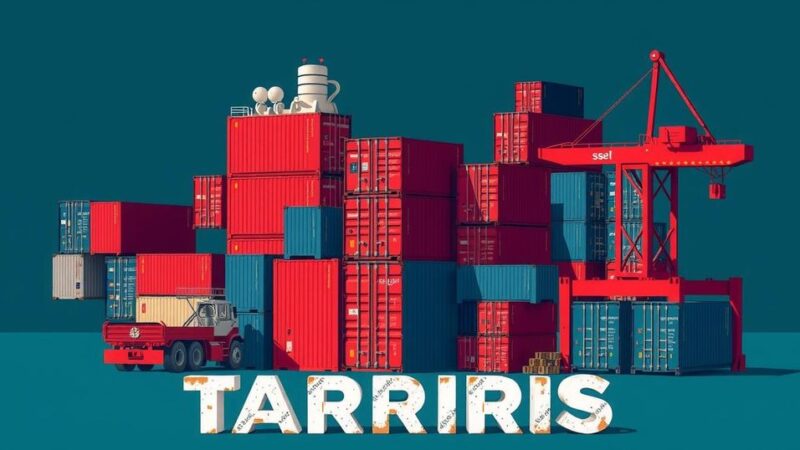Anaergia Inc. has contracted to supply biogas technology for PepsiCo’s RNG project in Colombia, converting 50,000 tons of organic waste annually into renewable natural gas and reducing CO2 emissions. This initiative represents the third continent of cooperation between Anaergia and PepsiCo. Prior to this, Anaergia secured another contract for an organic waste-to-RNG facility in California, further underlining their leadership in sustainable waste management and energy solutions.
Anaergia Inc. has secured a contract to provide its cutting-edge digestion and biogas conditioning technology for a renewable natural gas (RNG) initiative launched by PepsiCo Alimentos ZF LTDA in Colombia. This project aims to convert approximately 50,000 tons of organic waste annually produced at PepsiCo’s facility in Funza into RNG, which will be utilized on-site, effectively reducing reliance on fossil natural gas and mitigating carbon dioxide emissions by up to 3,700 tons per year. Assaf Onn, the Chief Executive Officer of Anaergia, stated that this marks South America as the third continent on which Anaergia collaborates with PepsiCo facilities. Previously, Anaergia secured a contract with Rialto Bioenergy Solutions LLC to operate an organic waste-to-RNG facility in California, designed to convert up to 1,000 tons of municipal wastewater biosolids and landfill-diverted organic waste daily into substantial amounts of RNG and fertilizer. This facility, the largest of its kind in North America, is committed to supporting California’s strict landfill diversion regulations aimed at curtailing methane emissions from landfills. Steve Compton, President of Sevana Bioenergy, emphasized the facility’s critical role in addressing organic waste diversion needs within Southern California. Furthermore, Anaergia will manage the operation of this facility for the next decade through its subsidiary, Anaergia Services LLC. Additionally, Anaergia is engaged in another project at Michigan State University, upgrading an anaerobic digester that processes food waste and manure into electricity for campus buildings. Assaf Onn expressed pride in supporting the university’s research efforts within the dairy farming sector while advancing the mission to accelerate the global clean energy transition.
The focus of Anaergia’s initiatives lies in transforming organic waste into renewable energy sources, particularly renewable natural gas (RNG). In light of growing environmental concerns and the push for cleaner energy alternatives, the conversion of organic residues into RNG emerges as a pivotal strategy to minimize greenhouse gas emissions and reduce dependence on fossil fuels. The collaboration with PepsiCo in Colombia exemplifies the increasing integration of sustainable practices within large corporations seeking to mitigate their environmental impact. Furthermore, Anaergia’s robust portfolio underscores its commitment to leading innovation in waste-to-energy technologies and supporting significant regulations designed to minimize landfill waste and greenhouse gas emissions.
Anaergia’s recent contract with PepsiCo represents a significant step towards utilizing organic waste to create renewable energy, thereby contributing to sustainability and environmental protection. This endeavor not only aims to reduce fossil fuel reliance but also addresses stringent emissions regulations and promotes recycling initiatives. The ongoing projects, including those in California and at Michigan State University, underscore Anaergia’s commitment to advancing renewable energy technologies and supporting educational institutions in their sustainability efforts. Through these significant collaborations, Anaergia continues to play a vital role in the global transition to cleaner energy.
Original Source: www.rigzone.com






